Results
-
 £17.50
£17.50Vain Resistance (Brass Band - Score only) - Ritman, Olaf
This extended suite was written for the Amsterdam Staff Band by its own Bandmaster. It features the tunes St. John in the first movement and Moscow in the third with a more reflective original melody within the second movement evoking the listener to 'Be still and know that I am God'.
Estimated dispatch 7-14 working days
-
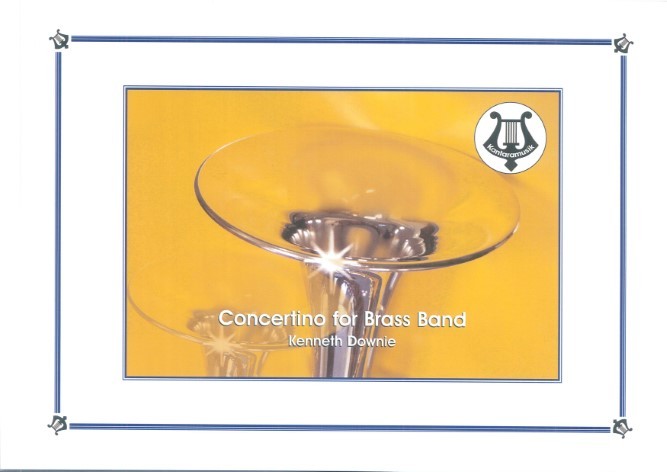 £80.00
£80.00Concertino For Brass Band (Brass Band - Score and Parts) - Downie, Kenneth
This music, in its original four movement form called 'Concerto for Brass Band', was commissioned by Brass Band Treize Etoiles from Switzerland as an own-choice test piece. For its use as the test piece for the Championship Section of the 2008 National Brass Band Championships of Great Britain it was specially published without the second movement Scherzo (available separately) as 'Concertino for Brass Band'.
Estimated dispatch 7-14 working days
-
 £39.95
£39.95Concertino For Brass Band (Brass Band - Score Only) - Downie, Kenneth
This music, in its original four movement form called 'Concerto for Brass Band', was commissioned by Brass Band Treize Etoiles from Switzerland as an own-choice test piece. For its use as the test piece for the Championship Section of the 2008 National Brass Band Championships of Great Britain it was specially published without the second movement Scherzo (available separately) as 'Concertino for Brass Band'.
Estimated dispatch 7-14 working days
-
Pie Jesu - Faure - Len Jenkins
Gabriel Faure is acknowledged as among the very best of French composers, and his best-known work must be his Requiem, composed between 1877 and 1890. Nevertheless it did not achieve popularity until after 1945. The Requiem includes 'Pie Jesu' as an independent movement, and it is that movement which is arranged here to feature the particular tonal qualities of the soprano cornet. The solo instrument is accompanied by contrasting groups of instruments from within the Band.
-
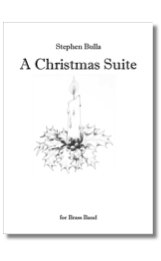 £49.95
£49.95A Christmas Suite (Score and Parts) - Stephen Bulla
The three-movement suite begins with the jaunty Wassail Song. The second movement is a wonderful version of Lo, how a rose e're blooming while the final movement is a bustling Pot-pourri with hints of several Christmas favourites. This new edition features a freshly engraved A4 size full score and parts and is compatible with the first edition.
Estimated dispatch 7-9 working days
-
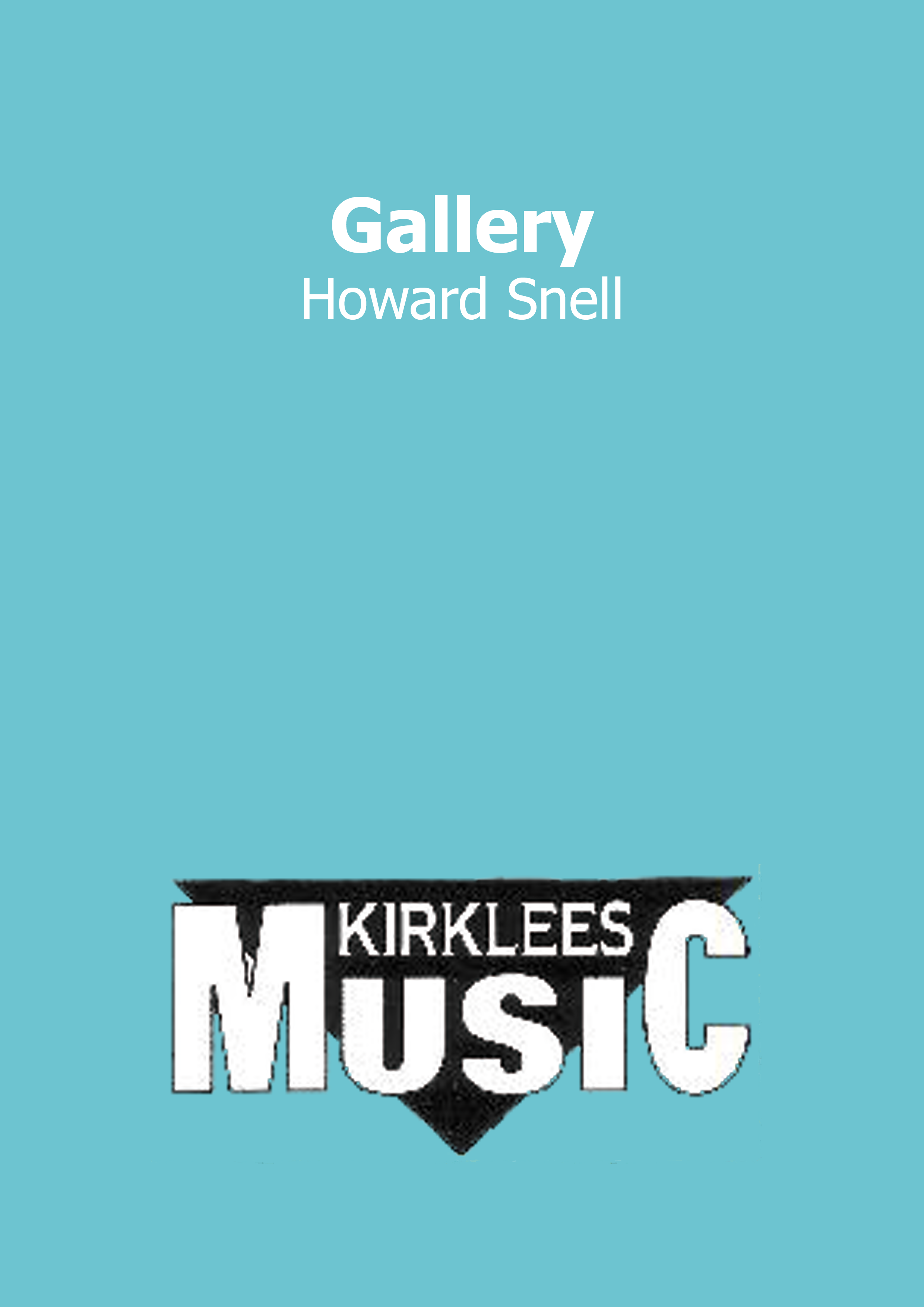 £95.00
£95.00Gallery (Brass Band - Score and Parts)
The commissioned test-piece for the Scottish Open Contest 2015, Gallery was welcomed as a great success both by performers and audience. The title refers to six pictures, four of them by Scottish artists. Each picture has a movement, in addition to which there is a very short introduction. They are all linked, though there are short gaps between each movement, the lengths of which are at the conductor's discretion.
Estimated dispatch 7-14 working days
-
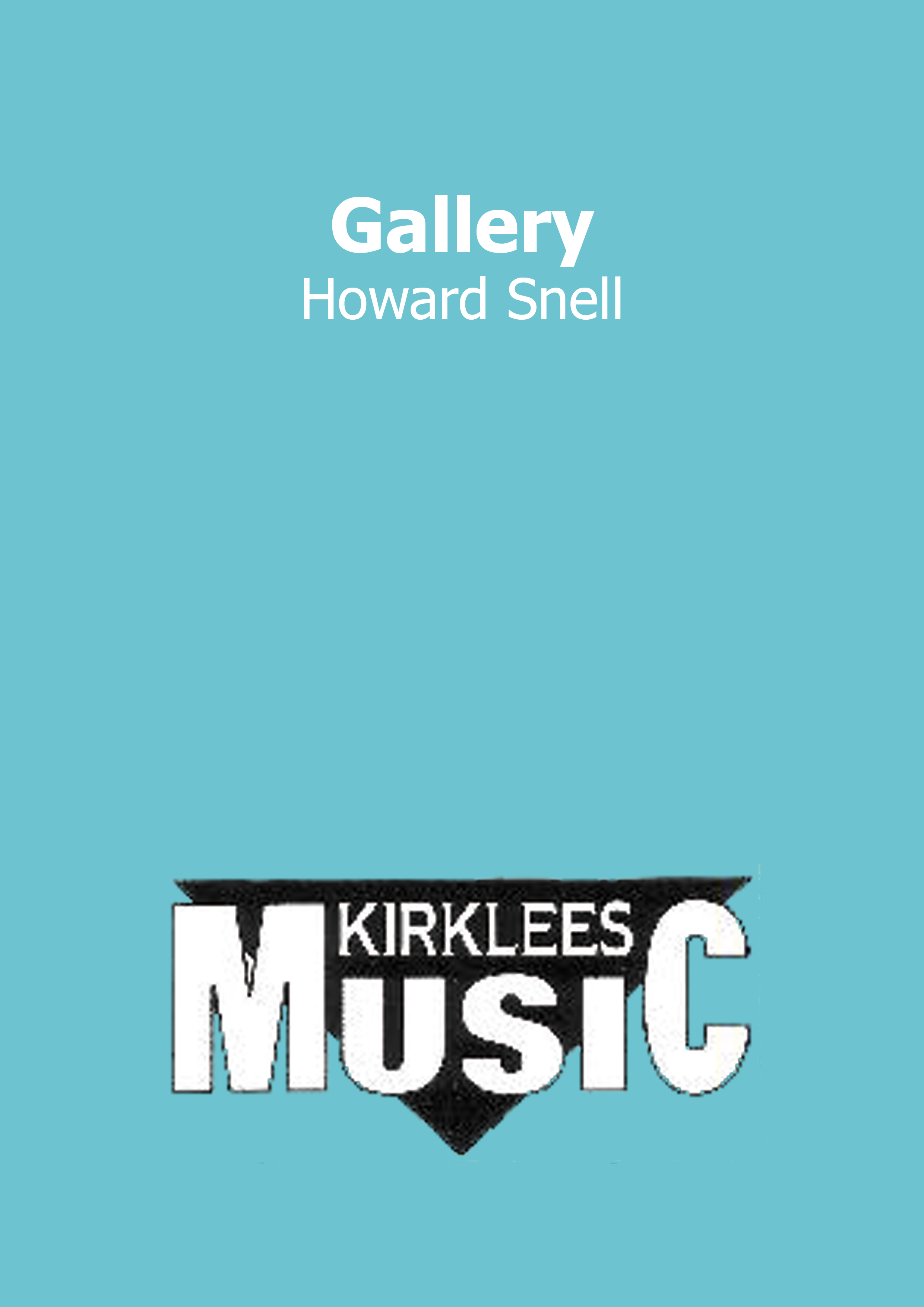 £12.00
£12.00Gallery (Brass Band - Study Score)
The commissioned test-piece for the Scottish Open Contest 2015, Gallery was welcomed as a great success both by performers and audience. The title refers to six pictures, four of them by Scottish artists. Each picture has a movement, in addition to which there is a very short introduction. They are all linked, though there are short gaps between each movement, the lengths of which are at the conductor's discretion.
Estimated dispatch 7-14 working days
-
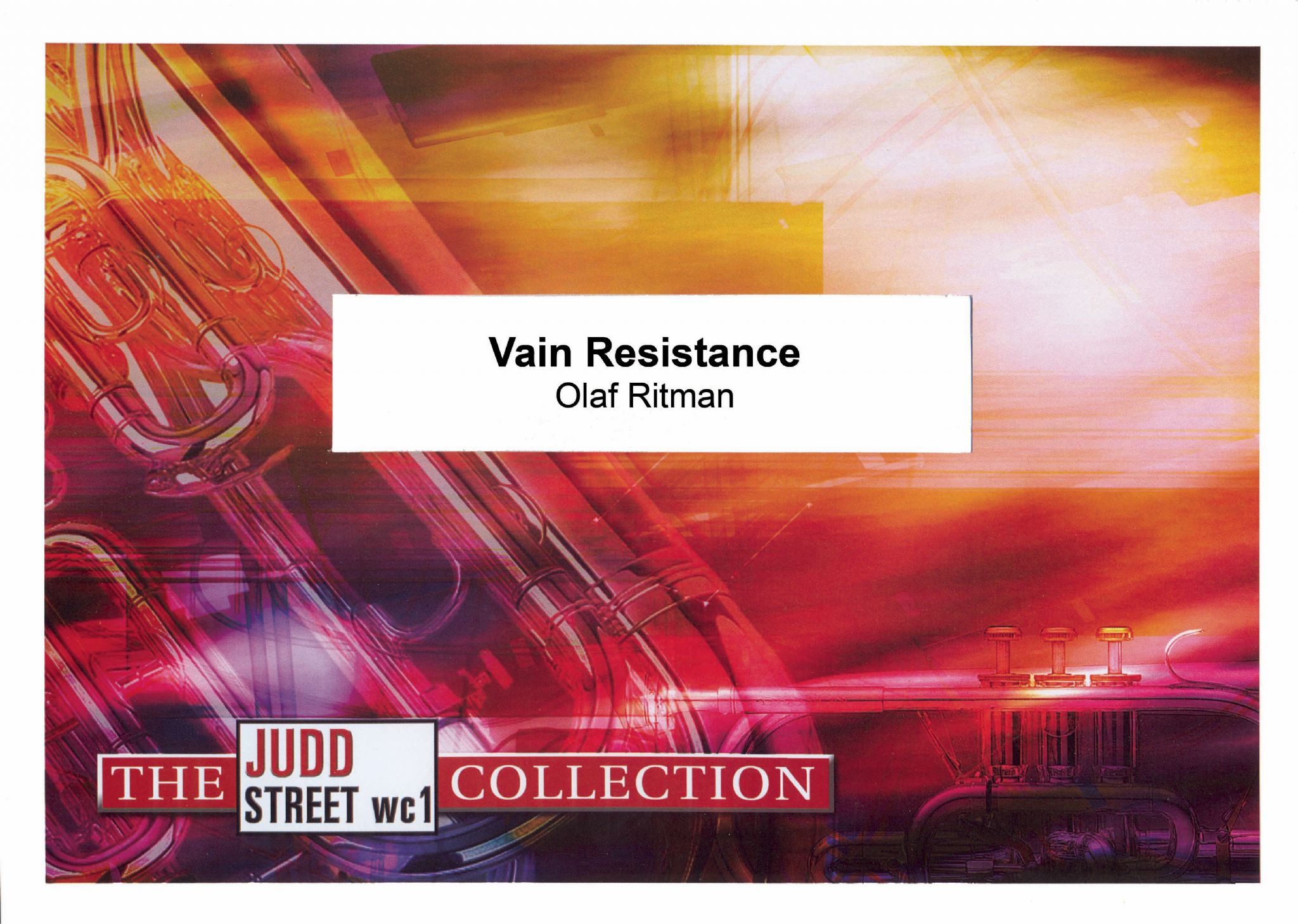 £34.95
£34.95Judd: Vain Resistance
This extended suite was written for the Amsterdam Staff Band by its own Bandmaster. It features the tunes St. John in the first movement and Moscow in the third with a more reflective original melody within the second movement evoking the listener to 'Be still and know that I am God'.
Estimated dispatch 7-14 working days
-
 £80.00
£80.00Concertino for Brass Band (Brass Band - Score and Parts)
This music, in its original four movement form called 'Concerto for Brass Band', was commissioned by Brass Band Treize Etoiles from Switzerland as an own-choice test piece. For its use as the test piece for the Championship Section of the 2008 National Brass Band Championships of Great Britain it was specially published without the second movement Scherzo (available separately) as 'Concertino for Brass Band'.
Estimated dispatch 7-14 working days
-
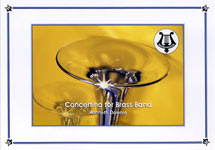 £10.00
£10.00Concertino for Brass Band - Study Score
This music, in its original four movement form called 'Concerto for Brass Band', was commissioned by Brass Band Treize Etoiles from Switzerland as an own-choice test piece. For its use as the test piece for the Championship Section of the 2008 National Brass Band Championships of Great Britain it was specially published without the second movement Scherzo (available separately) as 'Concertino for Brass Band'.
Estimated dispatch 7-14 working days
